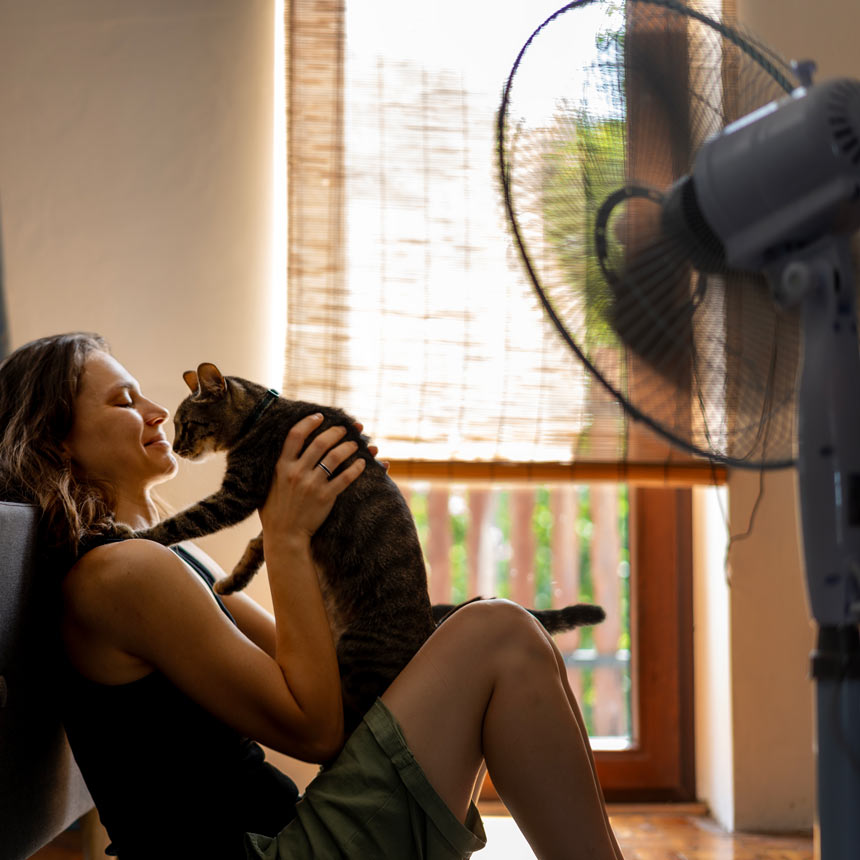Sunny skies, warm weather lead to ‘summer blues’ for some with Seasonal Affective Disorder
Jul 16, 2024

For those who suffer from the less common form of Seasonal Affective Disorder, the summer months can be difficult. Symptoms can include insomnia, feelings of anger or sadness, and even thoughts of suicide. As with all depression, there can be biological causes.
Multiple studies have documented that heat can affect mood disorders and behavior, just like wintertime weather changes can impact our mood and behavior as well.
One 2018 review study conducted by the National Center for Biotechnology Information indicates that heat may disrupt neurotransmitters involved in brain activity while we’re awake, which could contribute to depression. In addition, multiple studies have found that depressed people have an elevated body temperature, especially at night, which suggests depression itself may undermine the body’s ability to regulate temperature.
Summer seasonal affective disorder can also have situational and environmental causes, according to Dr. Ian A. Cook, the director of the Depression Research Program at UCLA.
What can you do to get some relief from symptoms?
A reliable routine is an important tool for those living with depression. Over the summer, school breaks and vacations disrupt work, sleep, and eating schedules, so creating as much of a regular pace as possible may help. For folks experiencing body image issues, summertime can mean shorts, tank tops, swimsuits, and other clothing that may exacerbate the problem. Be sure to build in time for self-care after events and whenever when you need it.
“So much of our misery grows out of the gap between where we are and where we think we ought to be,” says Dr. Cook. “Treatments do work…. Psychotherapy or medication can blunt the effects of a seasonal depression. Summers really don’t have to be so bad.”
Mental health care can help. If you’re feeling these symptoms, contact us at 503-645-9010.










